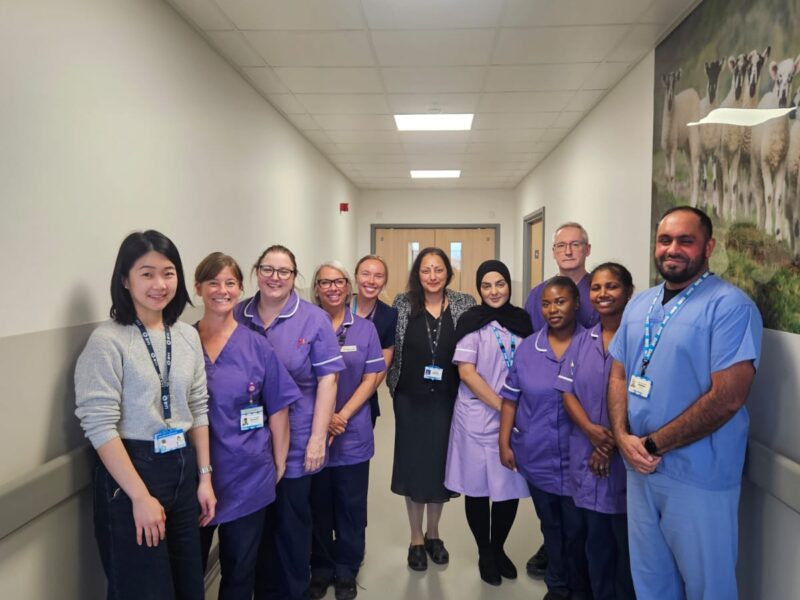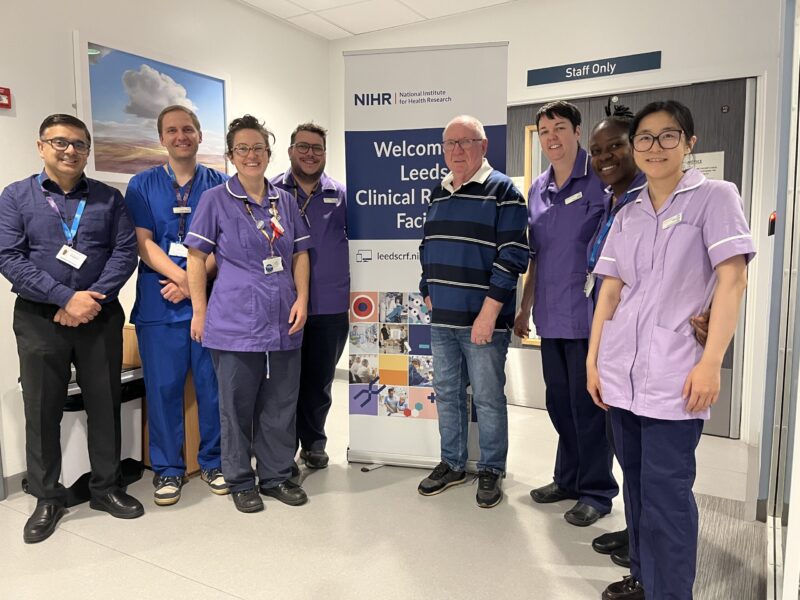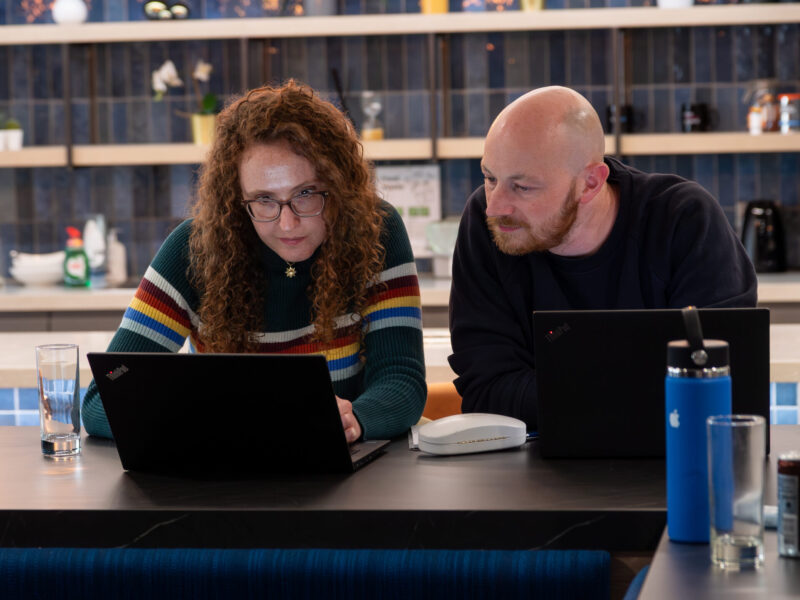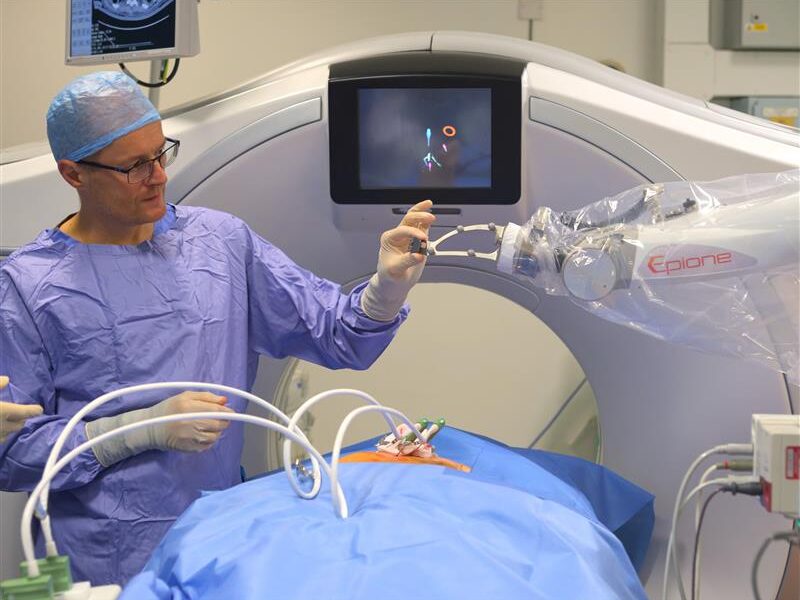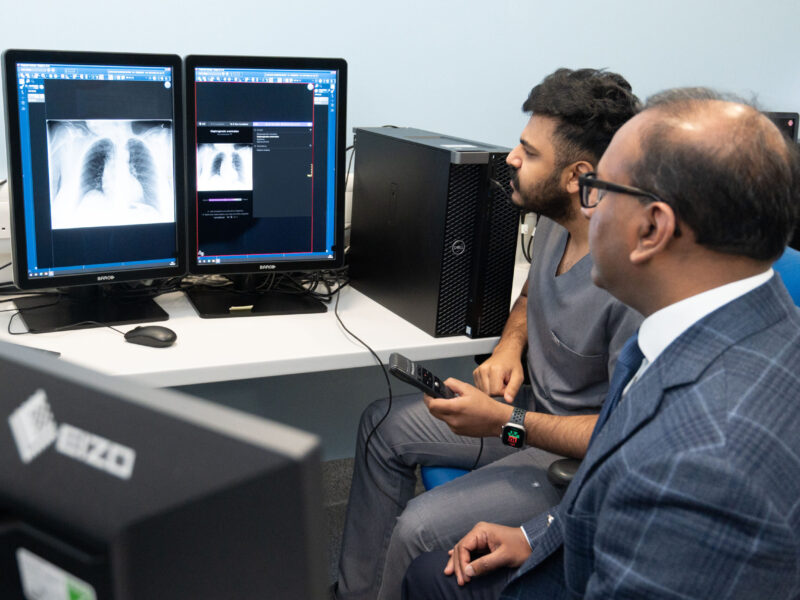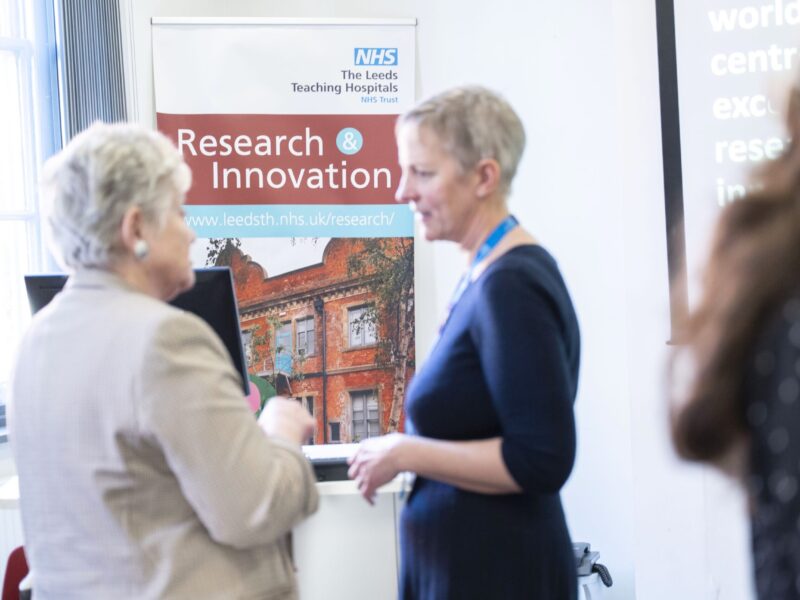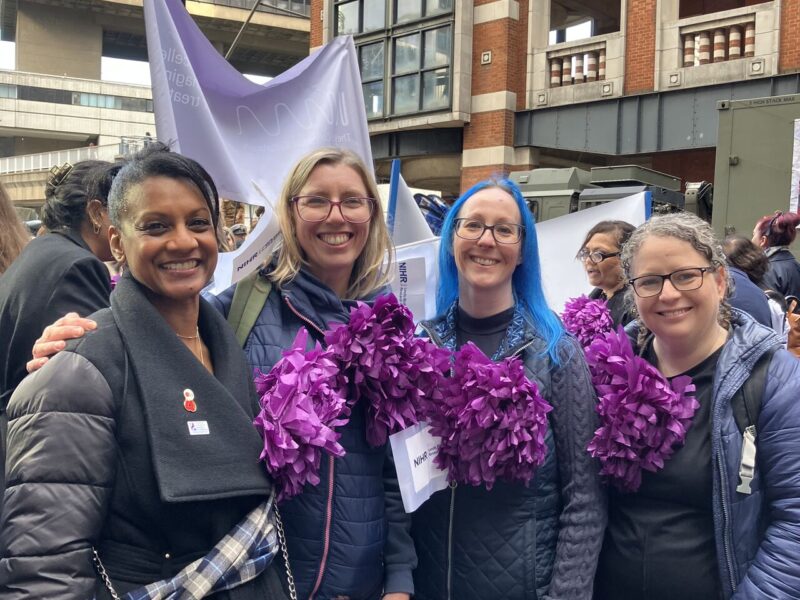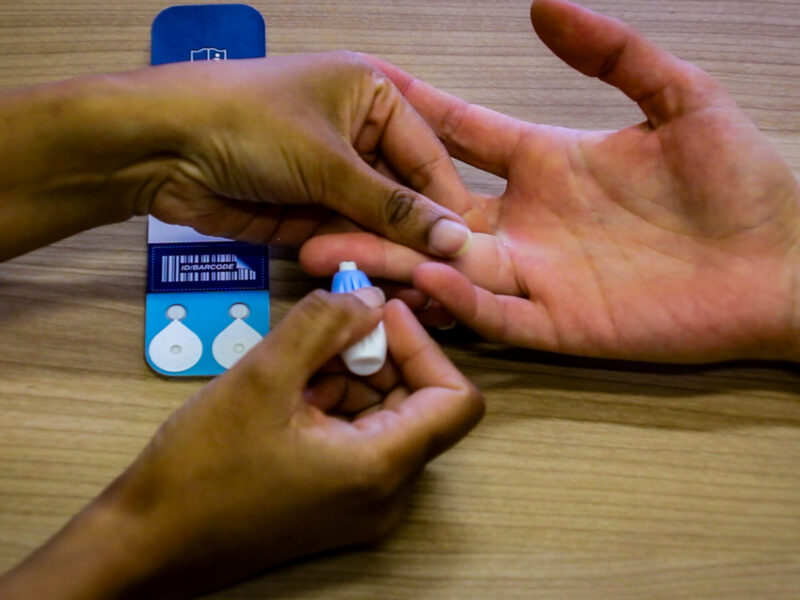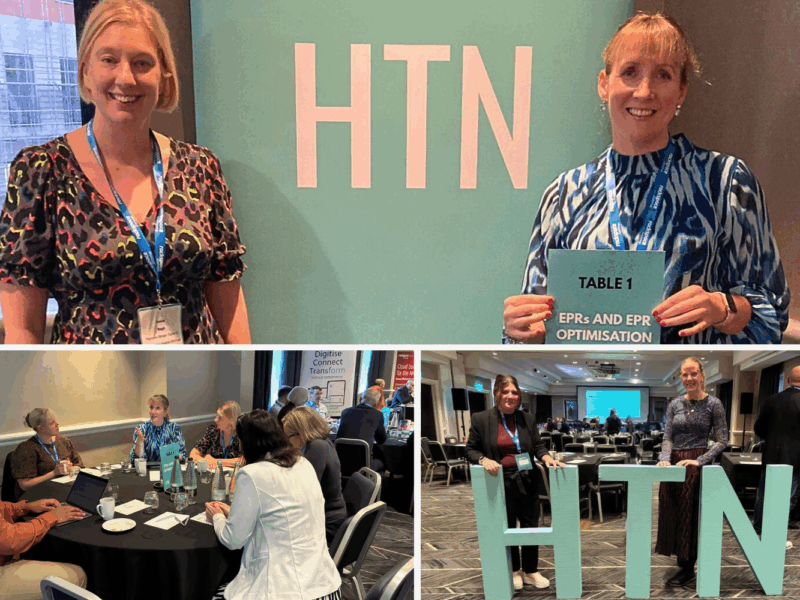- Home
- News
News
All the latest news and patient stories from Leeds Teaching Hospitals NHS Trust. Are you a journalist or from the media?
Showing 136 News articles filtered by Research
-

Leeds Teaching Hospitals nurse makes dream come true for Leeds United supporting patient
Senior Haematology research nurse Keri Barker-McDonald recently went the extra mile for one of her clinical trial patients by arranging a personal tour of his favourite football club.
